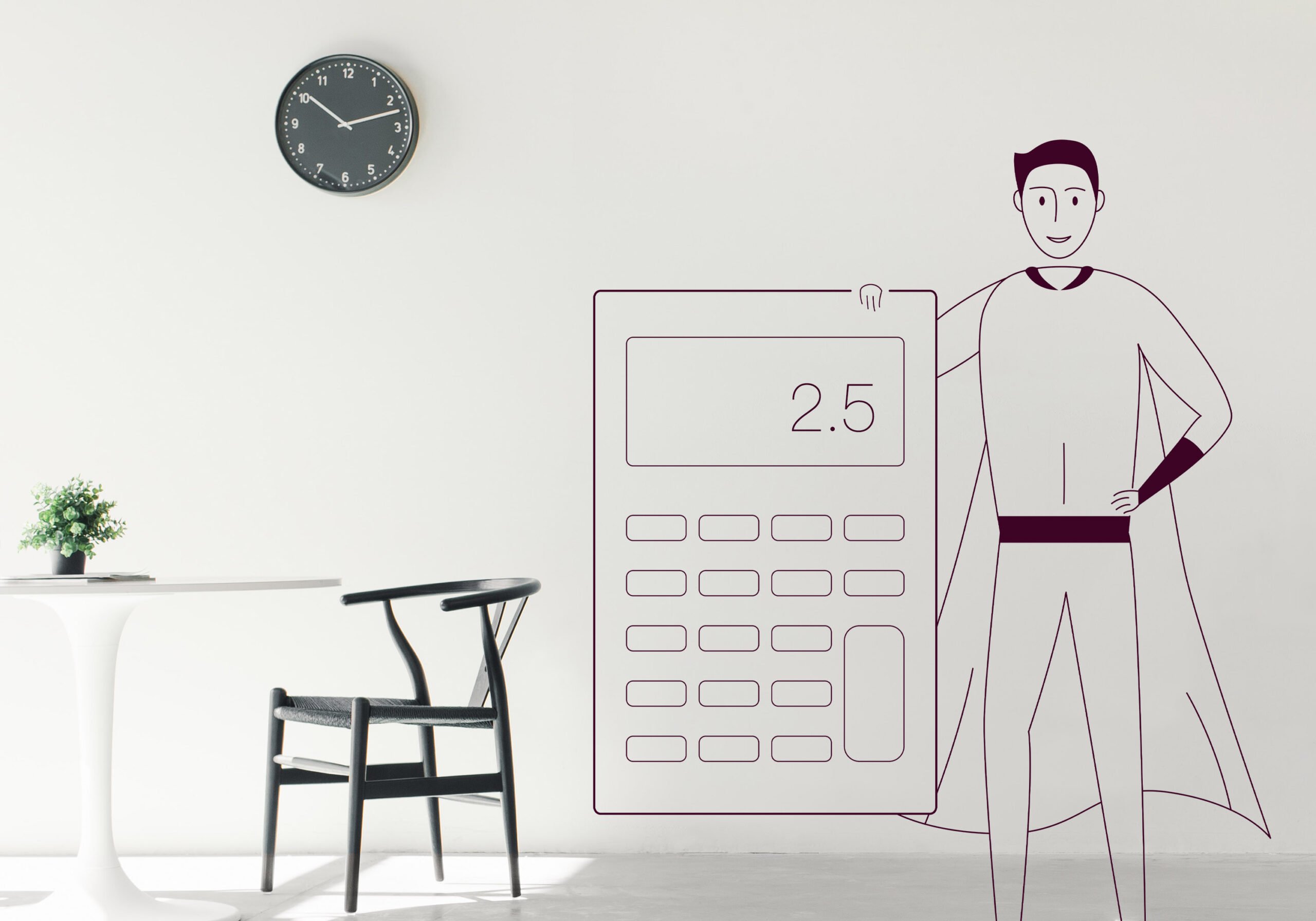



When it comes to bad credit we always recommend you pay and satisfy your debts as soon as you can. But there is a long list of ways you can improve your credit score in general too. Here are a few ways that we recommend:
If you have found information on your credit report that you deem to be incorrect you can dispute this with the company that has filed the error. For example, a phone company may have filed a missed payment that you had paid. This can sometimes be a long process as it can take the company up to three months to file the notice of correction. This is why we advise you to check your credit reports before an application so you can find the issue and try and resolve it in a timely manner.
Our bad credit mortgage experts can help you to remove the error from your report as well as advise you on how to improve your credit score.
The three main credit reference agencies used by lenders are TransUnion, Equifax and Experian. They all use a different scoring system that determines whether your score is ‘very poor’, ‘poor’, ‘fair’, ‘good’ or ‘excellent’. We recommended you check where you stand with all three agencies as different lenders will use different agencies for their mortgage application process.
Here is a snapshot of the score ranges:
Mortgage lenders are usually more interested in the content of your credit report than the actual score, but the number you are given can be used as an indication of your creditworthiness. Equifax and Experian have scoring systems that see 600 as a fair score. But this is only useful if you can meet the lender’s other eligibility criteria. Many other factors such as income, age, debts, monthly commitments and the type of property you need the mortgage for will be used to evaluate your application.
A low credit score does not automatically mean a mortgage is not possible. You will just need help from a specialist broker to help you find lenders who are willing to take a more flexible approach to your bad credit. Our superheroes can also advise you on ways to improve your credit score also.
If an error on your report is bringing down your score, it is possible to have it cleared from your report. This can take up to 3 months depending on the organisation’s efficiency and overall process. Other ways to build your score could be by registering with the electoral role or taking out a flexible credit builder credit card.
There is not a set minimum number of years you need to have had a credit report to be able to secure lending. The main goal should be aiming to keep your report as clean as possible by making all payments on time and clearing any existing debts. There are lenders out there for people with bad credit but the longer you have maintained a clean credit report since your bad credit was registered the better.
If you plan on taking out lending such as a credit card, always aim to pay it off in full and on time every month. This will show the lenders assessing your case that you are managing your money well despite any issues you have had in the past.
Your age can impact your affordability assessment when applying for a mortgage as lenders may question your ability to pay the loan back for the duration of the term or perhaps when you are living off a pension. But there is not necessarily a perfect age or a perfect score in order to secure a mortgage. As mentioned previously, lenders will have different criteria which you need to meet and will be less concerned with your score as it only reflects a fraction of your overall suitability.
Although a decline can hurt it is not the end of the road for your mortgage journey. It may still be possible to seek an alternative lender elsewhere. At MoneyNest we have helped lots of people secure mortgages after they have experienced declines. Our mortgage superheroes can check your eligibility by conducting a soft search that will not hinder your credit file further.
If your credit issues are holding you back, our credit expert hero’s are here to set you free!